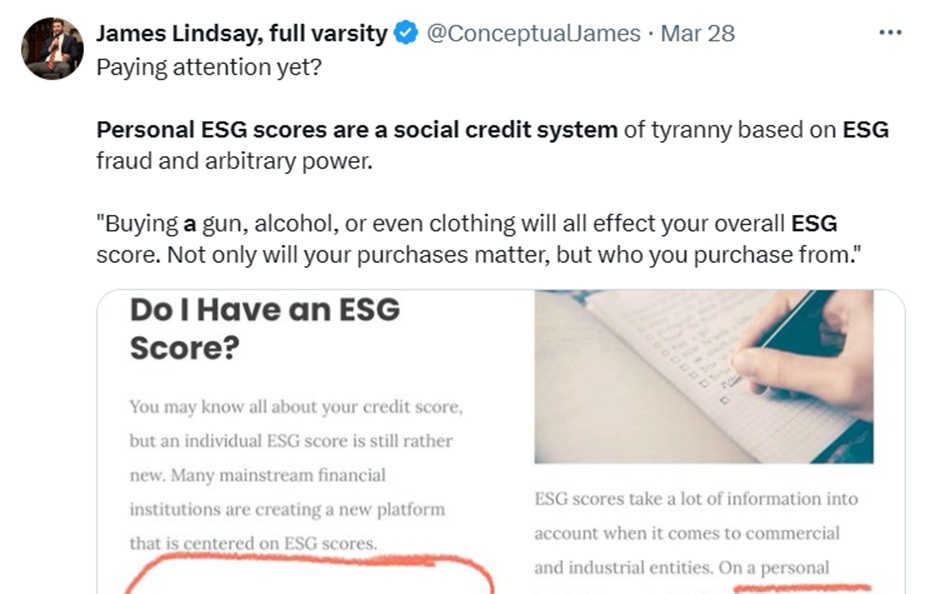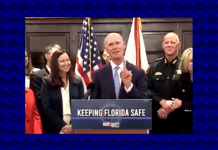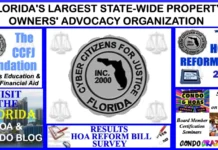Private businesses and banks have been quietly installing a new social credit system similar to what is in place in China through the Chinese Communist Party (CCP)
In a recent report on YouTube by Joshua Phillip of Crossroads and NTD News, allegations have emerged regarding the adoption of a social credit scoring system by prominent U.S. businesses and banks. This system is said to resemble the approach used by the Chinese Communist Party (CCP) in China, aiming to incentivize CCP members and supporters to participate in party-endorsed activities.
The implications of such a system being adopted within American institutions raise concerns about individual privacy rights, freedom of expression, and the influence of foreign governance practices on U.S. businesses. This development has sparked discussions about the ethical and political ramifications of integrating surveillance and control measures inspired by foreign regimes into domestic business operations.
Having acquired advanced American technologies, the CCP now possesses the capability to monitor and surveil numerous prominent cities and districts across China. The Chinese social credit system operates in collaboration with various governmental bodies to enforce compliance with Chinese Communist Party (CCP) regulations, using coercion and incentives to influence the general population. This version of the social credit system is designed to uphold CCP authority while tightly controlling and regulating the population.
RELATED REPORT: US and UK Target Iranian Transnational Assassination Network
How Does America’s New Social Credit System Work with ESG?
The new social credit system being introduced in the United States by major banks and corporations differs significantly from the Chinese Communist Party’s approach. This system will operate based on social justice standards or ESG (Environmental & Social Governance) criteria, where everyday actions can impact one’s social credit score, potentially affecting livelihoods.
Reports suggest that this system is being implemented in a manner that will affect individuals who make certain purchases deemed unfavorable according to ESG criteria or standards. For instance, buying firearms, alcohol, or other items considered inappropriate could result in a decrease in one’s social credit score, potentially impacting the opportunities and interactions within the social structure in which one lives every day.
Furthermore, it is alleged that these social credit scores will not only assess individual purchasing decisions but also evaluate the source of these purchases. Supporters of conservative values and purchasers of items associated with conservative ideals may face penalties in their social credit scores based on the businesses they support.
It’s important to recognize that while this system is currently in use, it remains in development with certain aspects still undergoing refinement. However, the reports suggest that these practices could become prevalent across various cities in the near future.
RELATED REPORT: Federal Appeals Court Challenges Jan 6th Enhanced Sentencing
Responsible and Sustainable Standards
As per The Impact Investor, a Personal ESG Score assesses an individual’s performance and impact through three core factors: environmental, social, and governance (ESG) criteria. This score provides insights into a person’s dedication to sustainable practices and responsible decision-making, aligning with the principles used to evaluate business sustainability and ethics.
However, questions raised by investigative journalists and members of the American populace revolve around the determination of what qualifies as “sustainable practice” and “responsible decision-making.” The criteria used to define these terms and the entities responsible for setting these standards remain central concerns. Who has the authority to determine the benchmarks for sustainability and ethical conduct, and how transparent and inclusive are these decision-making processes?
These inquiries underscore the significance of ensuring clarity, accountability, and fairness in the implementation of personal ESG scoring systems. The broader implications of such assessments on individual freedoms, economic activities, and societal norms further underscore the need for comprehensive understanding and public discourse on these evolving frameworks.
RELATED REPORT: Senator Rick Scott is Endorsed for Senate | People’s Olive Branch
James Lindsay on X
James Lindsay, Author of Cynical Theories and an active individual in researching and providing context to this topic, posted on X, “Paying attention yet? Personal ESG scores are a social credit system of tyranny based on ESG fraud and arbitrary power.”

One could argue that the current approach seems to contradict the goals of the ESG agenda and the green energy movement. The perception is that efforts toward sustainable living, which include measures like reducing meat consumption, conserving energy, and transitioning to renewable energy sources, are facing significant resistance from a large portion of the American population.
As a result of this resistance, it appears that certain institutions are considering new systems that use a combination of rewards and penalties to enforce desired outcomes aligned with the green agenda and related ideologies. This approach raises concerns about the use of punitive measures to promote specific environmental and societal objectives, potentially leading to contentious debates over the efficacy and ethics of such strategies.
Compliance and Adherence to “Industry Standards”
Compliance to ESG criteria includes not only the adherence to relevant laws and regulations, but to industry standards that govern your “personal and professional activities”. This would aim to destroy the liberties of the people and would be consistent with an old tool used by tyrannical kings to set aside laws without the consent of the Legislative Branch as stated by KrisAnne Hall in her book Sovereign Duty.
King James the second had a list of grievances against him written in the English Bill of Rights of 1689, where he was accused of extirpating Liberty. Where it was stated, “Whereas the late King James the second, by the assistance of divers evil counsellors, judges and ministers employed by him, did endeavor to subvert and extirpate the Protestant religion and the laws and liberties of this kingdom; By assuming and exercising a power of dispensing with and suspending of laws and the execution of laws without consent of Parliament.”
Industry standards is not considered Constitutional laws, nor are they laws enacted by the Legislature. As such, allowing the implementation without push back to a social credit score governed by ESG criteria would be steering society toward the precipice of tyranny.














